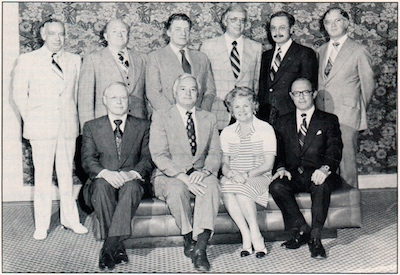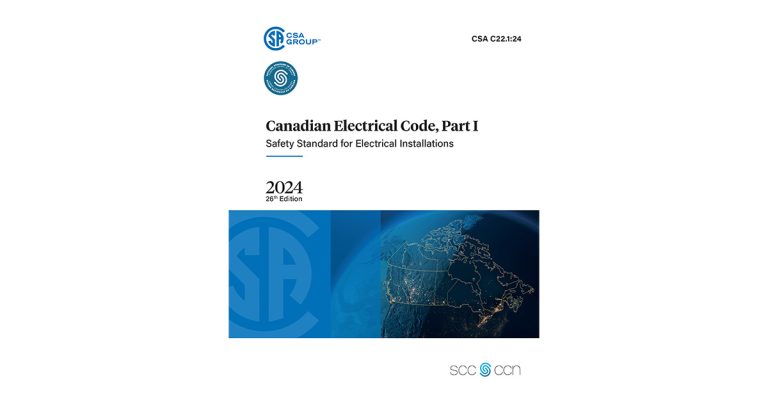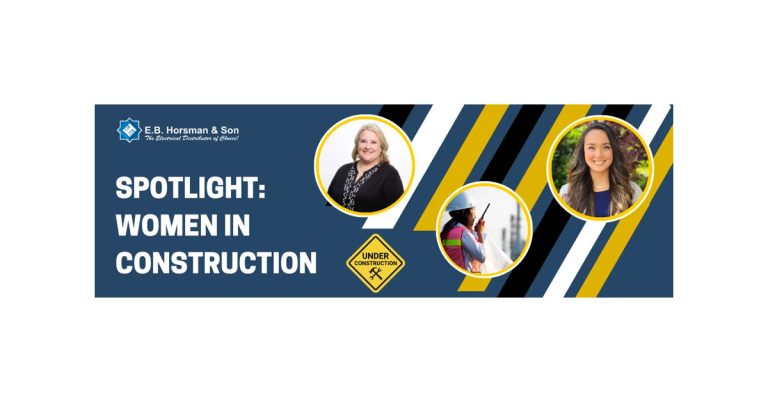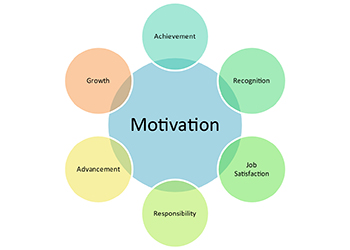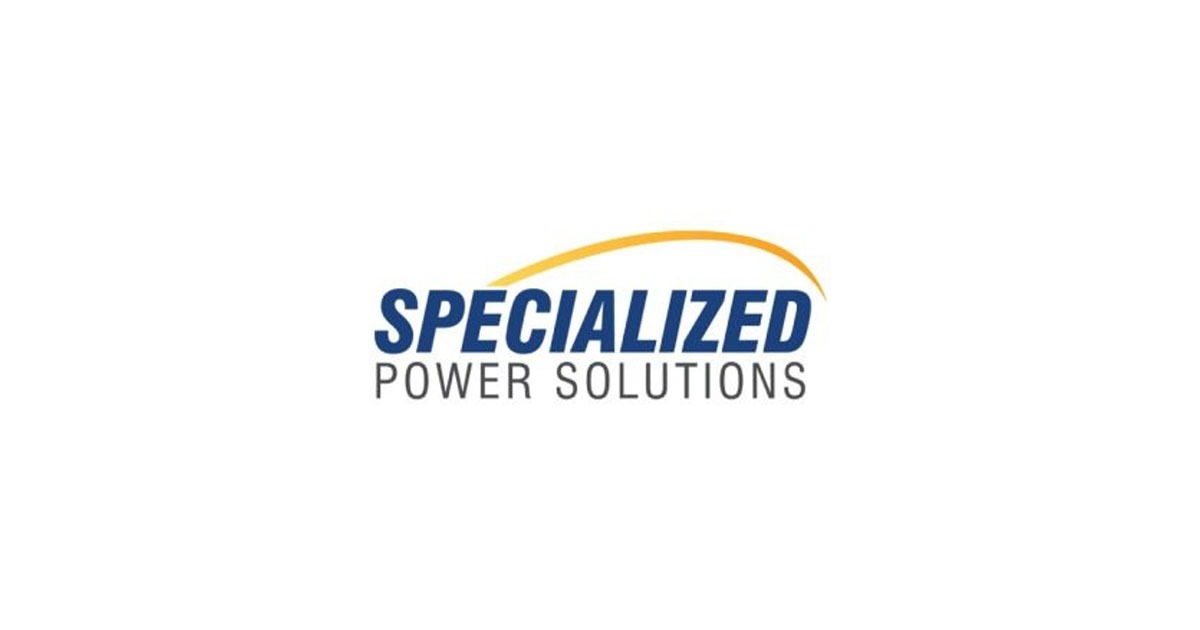Phrases that Pay: Simple Statements that Increase Your Perceived Value

Dec 5, 2018
By Jeff Mowatt
Quick — name two words which, when frequently used by waiters and waitresses, increases tips by 12%. (Hint: it’s not please or thank you).
Give up? The answer is, “for you.” So, rather than saying to a customer, “Would you like some more coffee,” the savvy waiter would say, “I brought more coffee over for you.” The patron thinks, “Gosh, you did that for me, how thoughtful!” and tips accordingly — on average 12% more.
That’s what I call easy money. If you answered correctly, ignore the rest of this article. If on the other hand you’d like more phrases and tips that increase your perceived value, then read on.
It’s okay to be in a bad mood
I don’t buy-in to the conventional wisdom that an employee must bubble with enthusiasm to provide great service and high value. In the real world of upset customers, long hours and stress, an employee’s enthusiasm will occasionally wear thin. We all have bad days. So, front line employees need to be trained on how to convey a positive, helpful attitude even when they’re not having a zippity-do-dah day.
Here are several situations along with phrases that convey a powerful positive impression, no matter how stressed you may be.
A customer asks for something and you don’t know if it’s in stock
• Without training: “I don’t know if they’re in. I’ll have to check.”
• With training: “I don’t know if they’re in, but I’ll be happy to check for you.”
The trained employee conveys a better attitude. The irony is that she didn’t work any harder than the untrained worker — they both checked inventory. But the trained employee gets a lot more credit because she used better phrasing. What’s more, she didn’t have to feel happy or enthusiastic to get the extra credit. She just used wording that made a better impression.
A boss, co-worker or customers asks you to do something
• Without training (any of the following): “Okay, I’ll try, I’ll do my best, uh-huh, sure.”
• With training: “I’ll take care of it.”
“Okay” or “Sure” are adequate responses, but who wants to be perceived as adequate? On the other hand, imagine asking someone to do a series of difficult, inconvenient, unpleasant tasks, and they respond instead with, “I’ll take care it.” That conveys the impression of a positive, confident, caring person. Again, we don’t have to actually feel excited or want to do the task, but using the right phrasing creates that perception.
A customer asks about a delivery date
• Without training: “We might be able to get it to you by Wednesday.”
• With training: “We’ll deliver it by Friday.”
The guideline is underpromise and overdeliver. In this situation, if the delivery is made on Thursday, the untrained employee looks incompetent while the trained person looks like a hero. Keep in mind that it’s not just your organization’s reputation that’s at stake. It’s also your personal reputation. So make promises sparingly, and then keep them — no matter what it costs you.
You’re addressing a customer
• Without training: Says, “sir, miss, or ma’am” frequently.
• With training: avoids using sir or ma’am and instead uses person’s name.
While you can never be too polite with a customer, you can be too formal. When I ask participants at my seminars how they feel when a front line employee addresses them as “sir” or “ma’am” the overwhelming response is, ‘old’. Not a good feeling. What’s more, it creates a barrier between the customer and employee. The customer may be starting to think of the employee as a equal – which we want. But the moment the employee uses “sir” or “ma’am” the customer begins to think of the employees as being at a lower status. Of course there are exceptions where you may choose to be more formal; such as when you’re dealing with certain senior citizens or someone from a conservative cultural background (anyone from England).
You want to be believed.
• Without training: (Prefaces the statement with any of these phrases): “The truth is… believe me… honest… true story… I really mean this…”
• With training: Omits all these statements and just makes the statement of fact.
Prefacing a statement with a phrase that essentially says we’re about to tell the truth, implies that everything we’ve said up till that point has been a lie! These statements hurt rather than help our credibility. So trained employees just don’t use them — especially when having a sales conversation.
The competitive edge.
Having a technological advantage over the competition is almost impossible to sustain in today’s marketplace. Customers can almost always get a similar product to yours somewhere else. The easiest way to differentiate you and your organization is by providing value added service. That doesn’t mean everyone has to work harder. It does mean you need to speak the language of professionals. That’s when using the right phrase really pays.
This article is based on the bestselling book, Influence with Ease by Hall of Fame motivational speaker Jeff Mowatt. To obtain your own copy of his book or to inquire about engaging Jeff for your team, visit www.jeffmowatt.com. Watch for more articles from Jeff in future issues.

